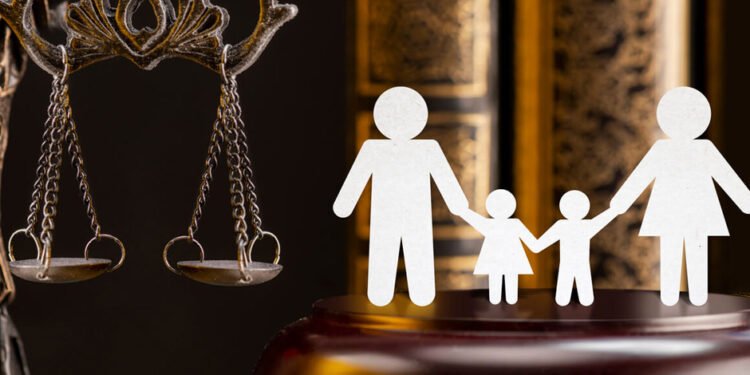If your family is undergoing a legal dispute, you may have heard of “collaborative practice”. This process is quite often the best choice when both litigation and mediation aren’t a good fit for the situation. Collaborative practice is a non-litigious method of resolving disputes that involves the clients working together with their lawyers to enter into a contract called a “participation agreement”. The purpose of this is to avoid litigation and negotiate a constructive outcome that satisfies all parties involved.
If this is of interest to you, first acquire the services of a reputable law firm that has experience in the process like www.marsdens.net.au/services/family-law/, so that they can work with you and your family to help you come to agreeable terms. Collaborative practice works well because the participation agreement states that if an application to determine the dispute is made to a Court or Tribunal, the lawyers are required to withdraw, a provision that effectively encourages all of the negotiation’s participants to be cooperative and work together towards achieving a solution.
This requirement greatly lessens the chances of either the clients or their lawyers engaging in posturing, or falling back on litigation, because it solidifies the commitment of everyone involved to work together in order to achieve acceptable settlement goals. The clients and their legal teams must engage in integrated decision-making that is transparent, open, and honest during the negotiations that take place during the structured meetings.
Each meeting’s agenda is determined ahead of time by the clients, their lawyers, and other required professionals. Everyone co-operates to ensure all of each agenda’s relevant information is available in advance. The lawyers prepare their respective clients for each meeting, and then debrief them afterwards. The lawyers also consult with each other regarding procedural matters before each meeting.
The clients benefit by taking responsibility for their issues and their resolution and retain control of the matter’s content, the pace, and the process’s costs. The negotiations are confidential and private. The clients are encouraged to reach an acceptable agreement that meets their goals and priorities.
The clients are personally invested in a workable solution, and the lawyers benefit from the collegial nature of the process, and enjoy a more satisfying relationship with their clients, as well as a highly manageable work schedule. Because most of the work is accomplished during the joint meetings, clients have a greater appreciation and understanding of the work their respective lawyers did for the time that they are being billed.
Collaborative practice is a great way to settle disputes in a more stress-free and positive environment than the courtroom!












